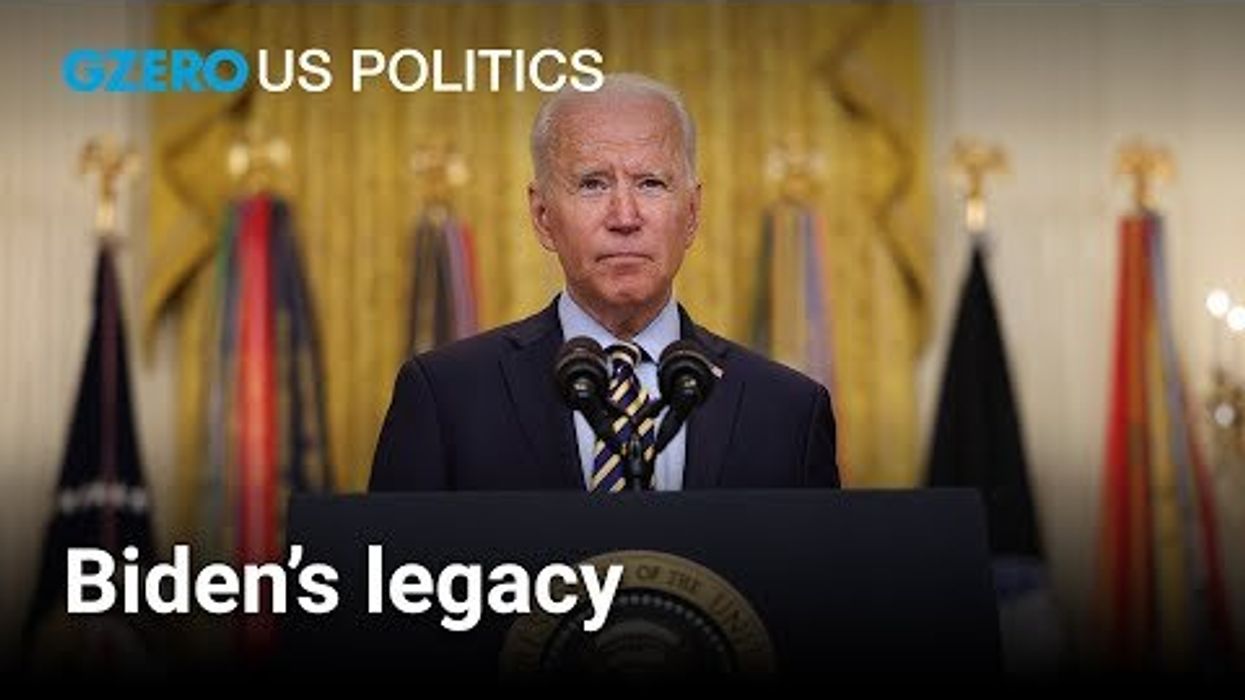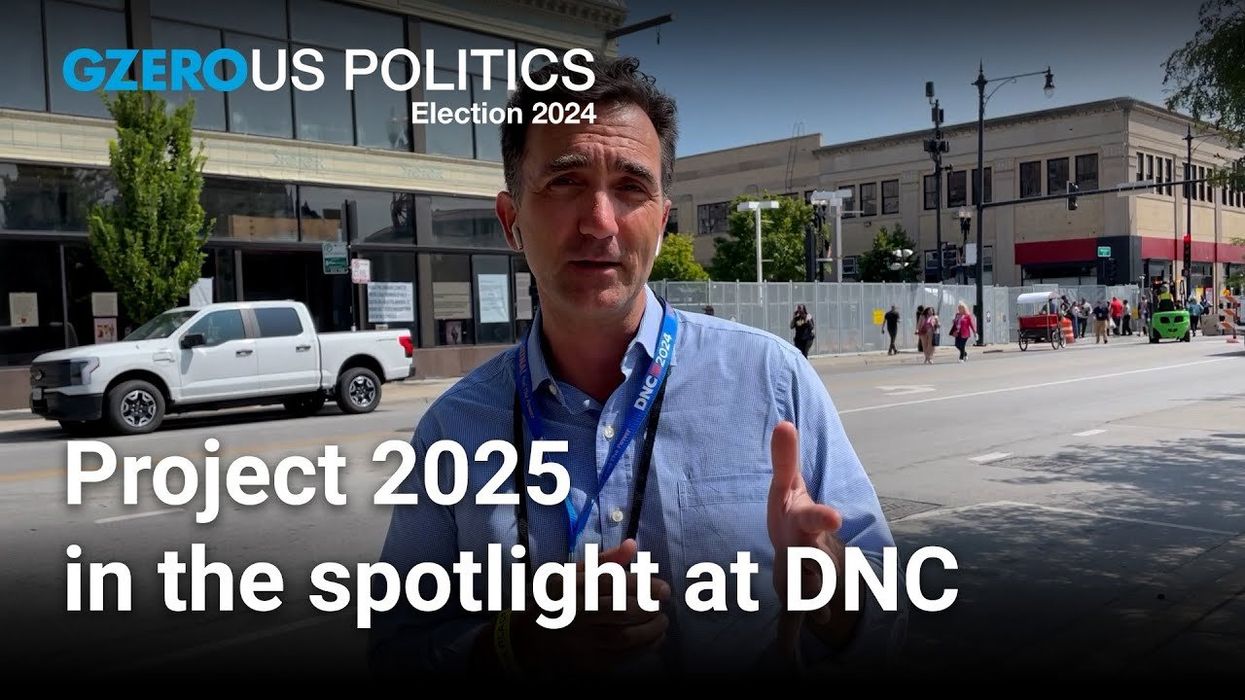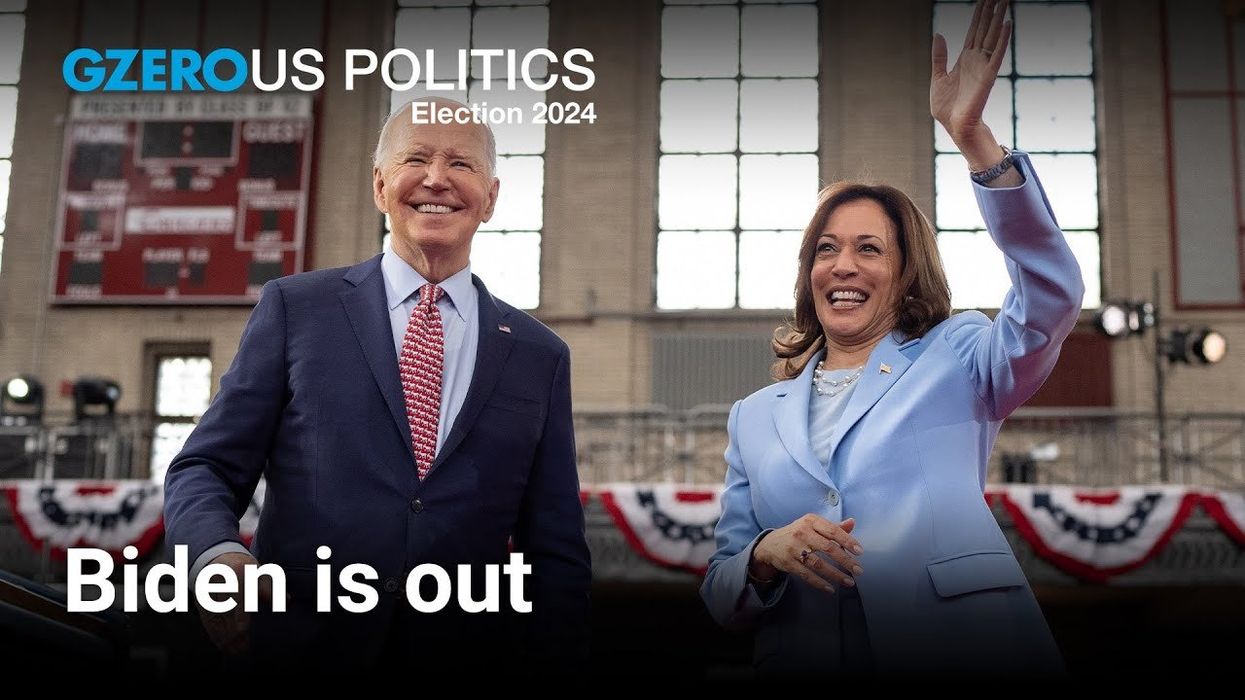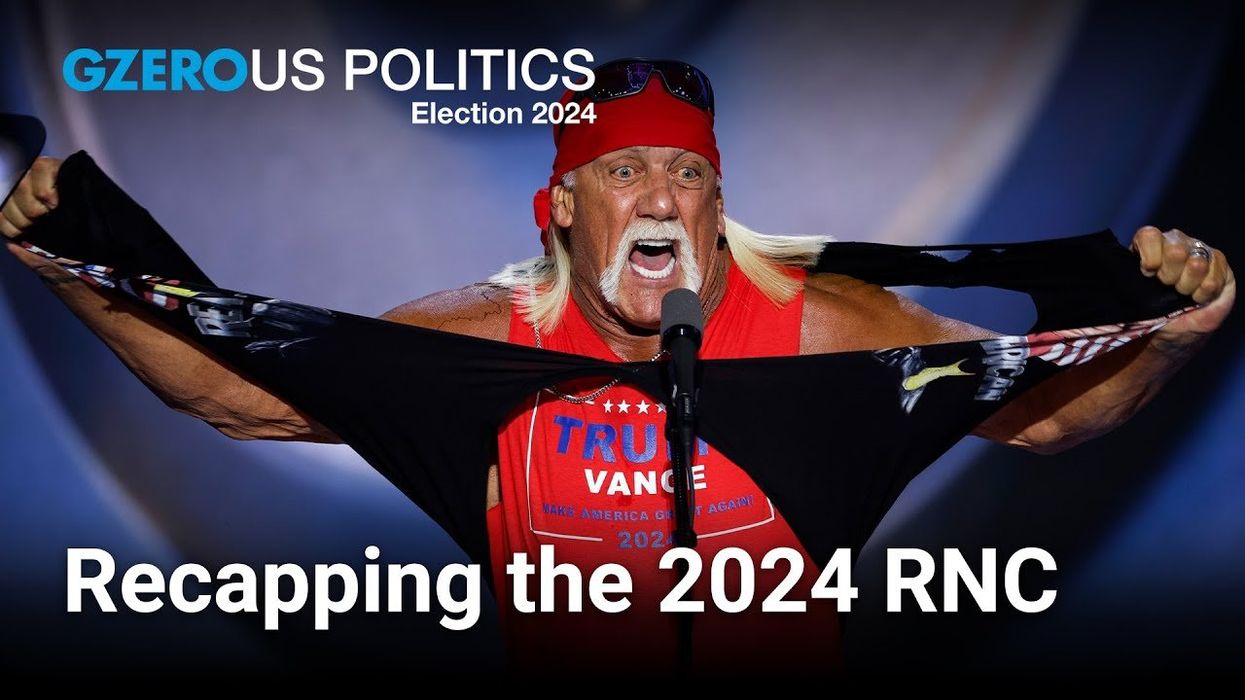VIDEOSGZERO World with Ian BremmerQuick TakePUPPET REGIMEIan ExplainsGZERO ReportsAsk IanGlobal Stage
Site Navigation
Search
Human content,
AI powered search.
Latest Stories
Sign up for GZERO Daily.
Get our latest updates and insights delivered to your inbox.
Global Stage: Live from Munich
WATCH RECORDING
Jon Lieber
Video Columnist
Jon Lieber is Eurasia Group's head of research and managing director for the United States. In these roles, he oversees the firm's global country and macro analysis and directs US political coverage.
Before joining Eurasia Group, Jon worked for over a dozen years at the highest levels of the US government, including as an economic policy advisor for the House Ways and Means Committee, Senate Republican Leader Mitch McConnell, and in the National Economic Council at the White House. Jon has also worked as a tax policy consultant at a global accounting firm, an economist at a San Francisco-based tech startup, and a researcher covering monetary policy at the American Enterprise Institute. He holds a master's degree in economics and a bachelor's degree in philosophy from Tufts University. Jon lives in Washington, DC, with his wife and two children, and in his spare time enjoys being a permanent beginner student of music theory.
Education
Tufts University











